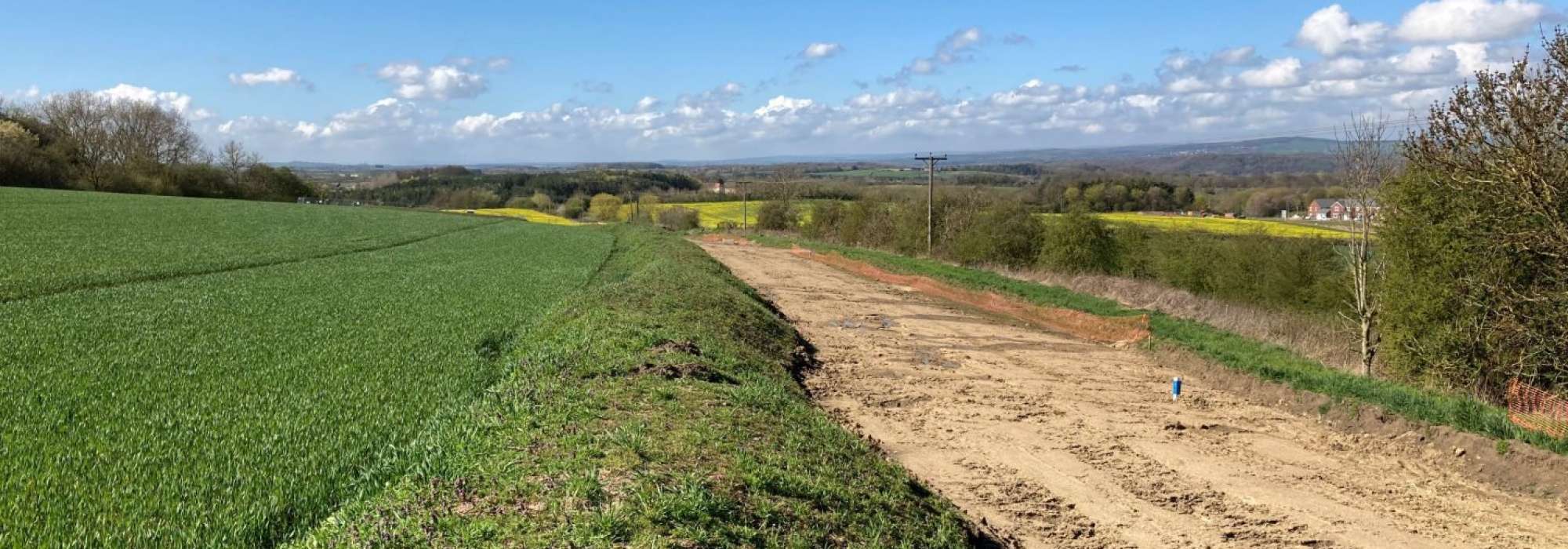Protecting Your Land Rights: A Lesson from Recent Utility Company Dispute
In an age where landownership comes with a multitude of considerations and responsibilities, it is crucial for landowners and occupiers to be well-versed in their rights when utility companies come knocking on their door. A recent court case has underscored the significance of understanding these rights, shedding light on the need for landowners to assert themselves when utility companies seek access for repairs, maintenance, renewals, or new schemes.
The case in question revolved around a tenant farmer who took Electricity North West Ltd (ENWL) to court, claiming damages for alleged trespass and negligence by their contractors. While ENWL did not outright deny liability, they disputed the evidence presented. Even in the absence of complete documentation, the court awarded the tenant farmer £54,652 in damages. This ruling serves as a compelling reminder that well-presented, credible evidence can prevail, even where documentation is incomplete.
Across the landscape, utility apparatus, such as electricity power lines, water pipelines, sewer systems, and gas pipelines, crisscross private land, and benefit from a range of statutory powers to gain access. Legal statutes like the Electricity Act 1989, Water Industry Act 1991, and the Gas Act 1986 exist to convey key details regarding the rights and responsibilities of landowners and utility companies.
When statutory powers grant third parties access to private land, the landowner/occupier holds the legal entitlement to make a claim for compensation. Importantly, the cost of professional representation should be part of the claimant's compensation, meaning that when an agent is working on behalf of the landowner, the claimant should not bear these costs.
There is a multitude of legal procedures that must be meticulously followed to permit any statutory undertaker to enter private land. Initially, a careful review of the proposed scheme and the statutory stipulations enabling access should be undertaken.
Before commencing any work, a record of the land's condition should be documented. This record can serve as crucial evidence during the claim negotiation stage and should be correctly documented and signed by both the landowner/occupier and the utility company's agent, confirming acceptance of the pre-entry condition. Such an accurate record can prevent disputes down the line.
When considering compensation, several key factors must be taken into account. A compensation claim aims to place the landowner/occupier in a position they would have been in if the utility works had never occurred, often referred to as the 'no scheme world.' This claim should also encompass the time and resources spent by the claimant, which should be meticulously recorded and claimed as management time lost.
I have acted for numerous clients over the last few months in relation to various schemes, including the replacement of a water main across horse grazing and arable land with development potential. Their comprehensive claim included crop loss, BPS loss, reinstatement work, and an easement recognition payment based on potential development value. This detailed claim, in collaboration with the utility company, resulted in a fair and reasonable outcome for their client after the works were completed.
Whether you are a farmer, commercial property owner, or residential property owner, when utility companies exercise their statutory powers on your property, it is imperative to safeguard your interests. The moment you become aware of any potential scheme affecting your land, seeking professional advice becomes paramount. Utility companies are obligated to compensate for losses, and a skilled agent will ensure that all potential losses are identified and successfully claimed.
I have been involved in cases recently where the claimant was unaware that they were entitled to professional representation, and had they been aware of this sooner, I believe the whole process could have been streamlined for the benefit of all involved. Knowing your rights and confidently asserting them can make all the difference in protecting your property and livelihood. The recent court case serves as a valuable lesson in this regard, underlining the importance of vigilance and informed action when utility companies come knocking.

